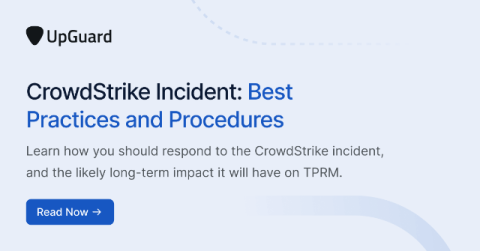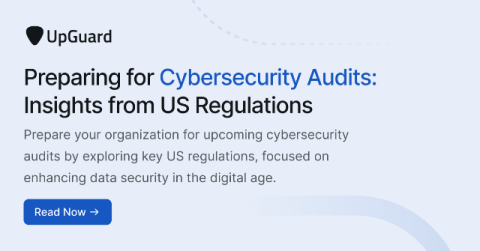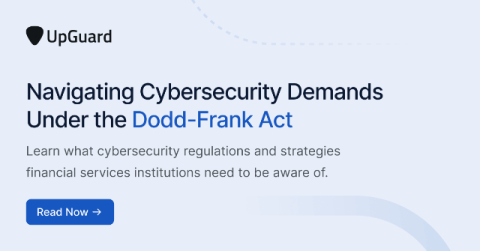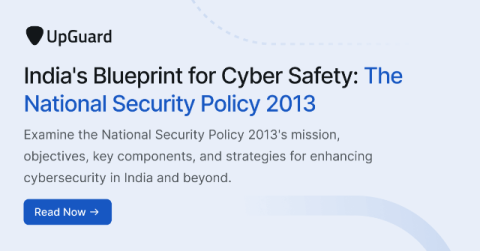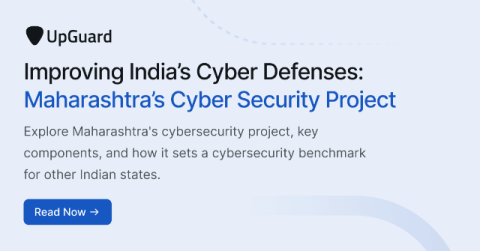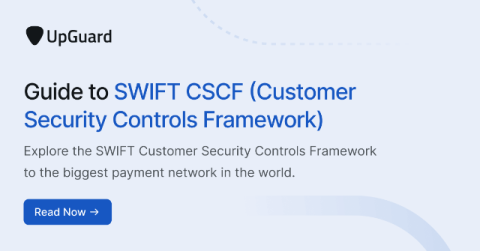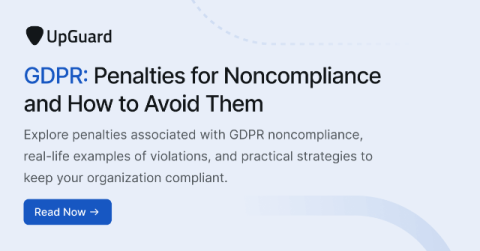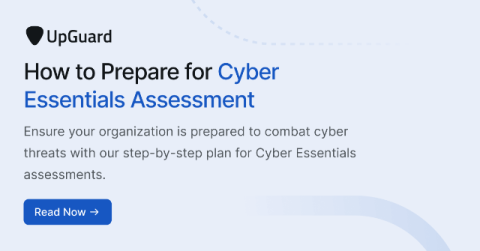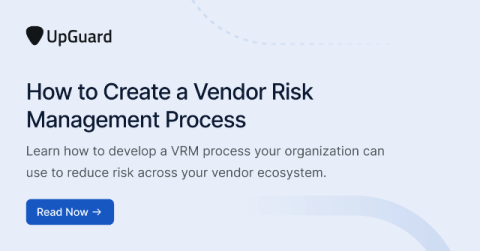CrowdStrike Outage: What Happened and How to Limit Future Risk
In the early morning of July 19, a software update to CrowdStrike’s Falcon sensor started to cause one of the most extensive IT outages in history, affecting several industry sectors, including financial services, healthcare, transportation, and others. According to CrowdStrike, the outage stemmed from “a defect found in a Falcon content update for Windows hosts.” At this point, the software update has not affected Mac and Linux systems.


